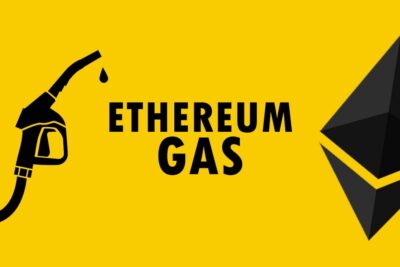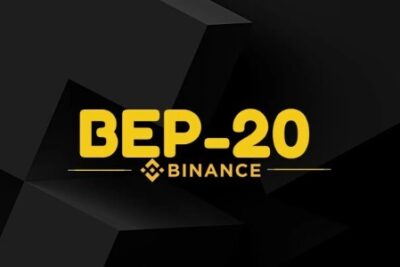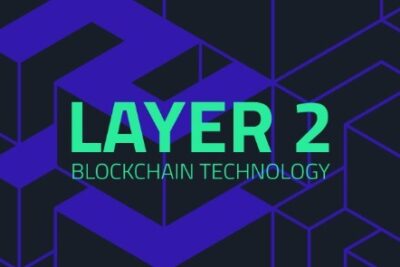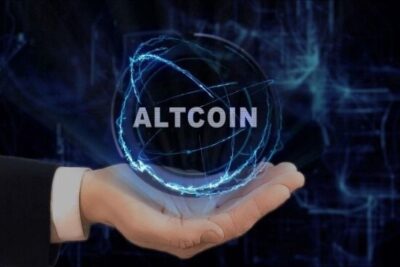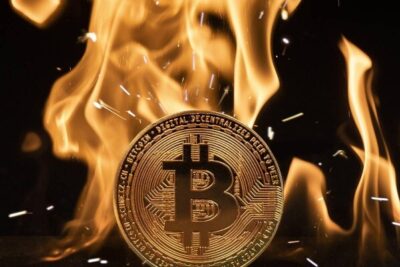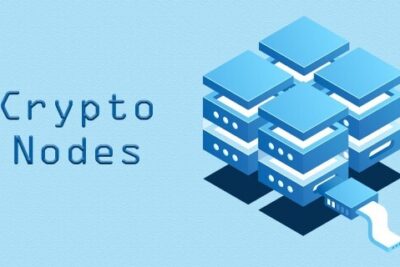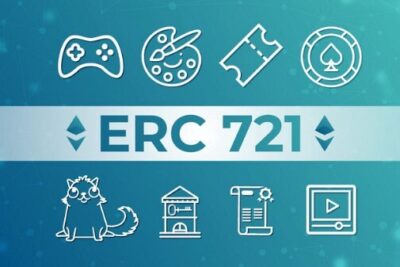

What Are Ethereum Gas Fees – Pinnacle Explained For Newbie
05 March 2022
If you are exploring blockchain technology and using Dapp, the gas fee is an important fee for any transaction that you made on the blockchain. One of the most famous blockchains now is Ethereum and Ethereum gas fee is an outstanding topic which discuss recently what are Ethereum gas fees and why do you have to pay for Ethereum gas fee. Don’t have to worry about that if you are a newbie and don’t know all about tons of complicated definitions. bePAY here to help you.
What Are Ethereum Gas Fees?
Ethereum network fees are the transaction fees required to execute a transaction on the Ethereum network. In every transaction, there is a block of information. This means that miners must choose which transactions to execute first since blocks can only handle a certain amount of data.
Because it is a decentralized blockchain, Ethereum depends on a global network of servers and computers to supply the processing power needed to execute transactions. When it comes to the price of anything, supply and demand have a role.
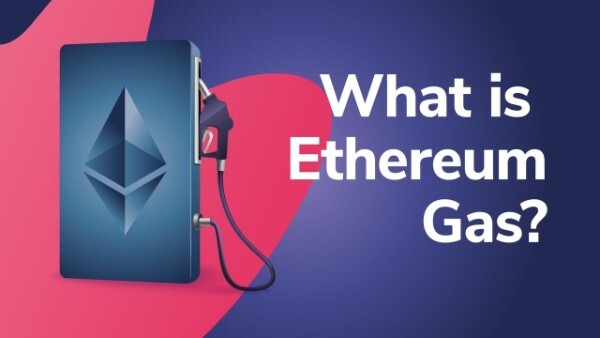
Ethereum gas fee explanation
The Ethereum network relies on its miners to provide the required computational power. Fees for gas are also determined by how much it costs to deliver the service. A contract’s gas charge will rise in direct proportion to the amount of computer power required to process the added data.
Adding a cost for gas helps keep your fees safe. Since it would be simpler for other parties to influence the blockchain if the gas fees were lower, this would indicate lower rates for the user.
Gas payments are charged in Ethereum’s native currency, ether (ETH). Gas costs are represented in gwei.
- On the Ethereum blockchain, gas refers to the cost required to conduct a payment upon that network.
- It’s the network’s processing capacity that drives gas prices, which is used to execute smart contracts and other kinds of transactions.
- Gas prices are indicated in minuscule fractions of ether termed gwei.
- The value of gas for processing information, which is separate from how ETH value the real worth of the cryptocurrency, involves dividing the value layer as well as the processing layer of the Ethereum network.
Watch this brief video to explore are what are Ethereum gas fees
What is Ethereum gas fees calculator and how does it work? In the next part, we will explore how are gas fees calculated?
>> Read more: What is Woo network and how does it work?
How Are Gas Fees Calculated?
ETH transaction fee is expressed in gwei, a unit of 1 ether unit since they are so little in comparison to 1 ETH (the native coin of Ethereum). 1 gwei is equivalent to 0.000000001 ETH. The entire fee you spend for transactions is computed using the above equations according to the current London update in the network.
Ethereum gas fees calculator works as follows: Gas units (limit) * (Base fee + Tip)
- Gas limit
This is the least amount of gas a user is prepared to spend on a transaction. While users may choose how much gas they wish to spend on a transaction, it’s important to remember that various network interactions demand varying minimum gas amounts.
- Base fee
The bare minimum of Ethereum blockchain gas is required for a transaction to be recorded. The basic fee is generally determined by the network’s congestion level, which is constantly modified depending on the number of users engaging with the network.
- Tip
These are the extra fees users pay to the miners in order to define their transactions. As a result, miners are compelled to prioritize some transactions above those of other customers.
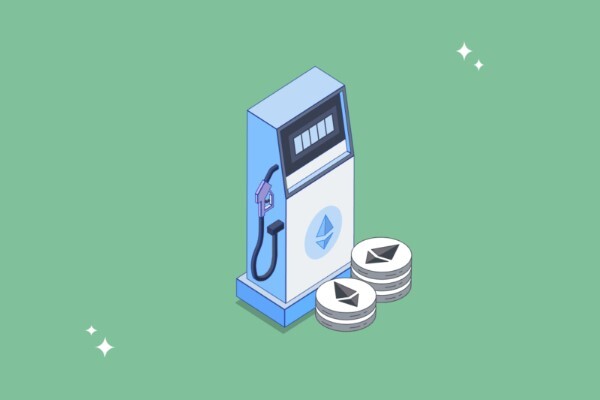
Ethereum gas fees calculator
Why do gas fees cost so much? ETH prices have climbed dramatically in the previous several years. Since Gwei, a lesser denomination of ETH, is used to compute the gas fee, an increase in ETH’s price automatically raises the gas fee. Fees of ETH and DeFi (Decentralized Finance) will climb in lockstep, as will the cost of natural gas.
As the network grows in size, so do the base fees. As there are currently thousands of decentralized applications inside the Ethereum network, the basic fees will automatically grow.
The migration to PoS delivers the prospect of decreasing Ethereum fees in line with other market rivals by greatly boosting transaction-processing capacity and doing away with miners. But why are Ethereum fees so high? – Below are explanations for this question.
>> Read more: What is Polygon (MATIC) network? The layer 2 scaling solution
Why Are Ethereum Fees So High?
There are many raised questions about the gas fee from Ethereum, What happens if you set gas price too low? Is one of the most popular questions. Let’s explore now. some Ethereum gas fee prices are driven by supply and demand. As more and more users use Ethereum-based applications, more computing power is required from miners to carry out the contracts.
It is because the greater people use it, hence more data there is to be processed. The fact that so many individuals are showing interest in Ethereum is encouraging, but it also implies that normal users will have to pay more if they want to conduct transactions.
In the standard case, the fee for an Ethereum transaction is 21000 gwei. The fee will be greater for more sophisticated transactions, like smart contracts.
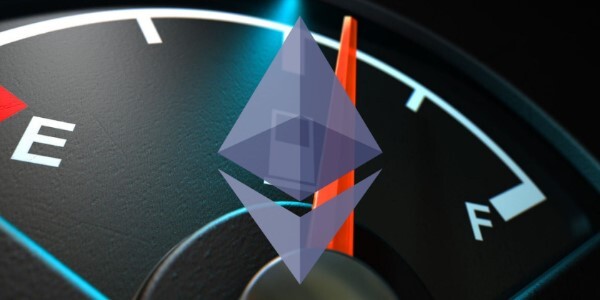
Ethereum network fees is high?
You may increase the gas in your transaction to hasten its completion by the miners. The Ethereum network will reimburse you for any gas that is not used.
What happens if you set gas price too low? – If you set it too low, though, there is a chance of your transaction being denied and losing your ETH. In addition, users may establish a fee on how much they’re ready to spend on ETH transaction fee and tip the miners.
Is there any method to avoid or reduce eth transaction fee? Let’s explore some FAQs from users
Some FAQs About ETH Transaction Fee
Who Pays Gas Fees Ethereum?
The users who make the transactions on the Ethereum network must pay gas fees Ethereum to miners
How To Avoid ETH Gas Fees?
Actually, you cannot solve the question of how to avoid ETH Gas Fees. However, you can reduce the gas fees. Here are some tips for you:
- Patient and Select the right time – Using the blockchain at a time when less people are using it might help you save money on your total gas fee by lowering your base fee.
- Make a max fee restriction on your transactions -Setting a maximum gas fee restriction on your transaction is another approach to save on gas fees. By submitting X gwei as the total eth transaction fee, you are notifying the Ethereum network that X gwei is the maximum you are prepared to spend. Withdrawn fees will be refunded after the transaction is complete.
- Using Layer 2 scaling – Extending the Ethereum network using technologies aimed at increasing transaction speeds and the transactions handled per second is known as “scaling.”
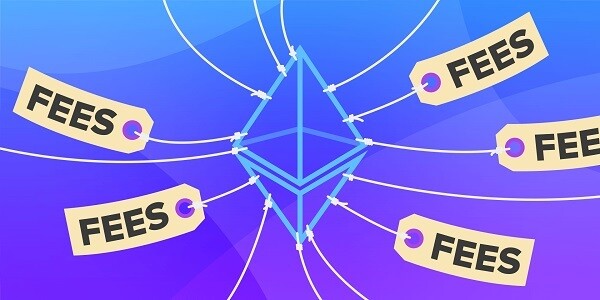
FAQs about Ethereum network fees
What Are ETH Gas Fees Right Now?
Because the crypto sphere is always changing, it’s only natural that you’d need to keep up with the latest developments and examine a variety of data. There are numerous methods you may monitor what are ETH gas fees right now? and analyze different facts that help you decide what is best on when to execute a transaction.
A few of the ways you may achieve this are by leveraging numerous websites and applications extensions such as
Final Thoughts
Now you basically understand what are Ethereum gas fee is and how does it work and who pays gas fees Ethereum? The version, codenamed London, contains EIP-1559, which intends to change the way gas fees, are computed.
Presently, users must bid by how much they’re prepared to spend to have their ether transaction picked up by a miner, which may be incredibly pricey. Under EIP-1559, this procedure will be managed by an automated bidding mechanism with a predefined fee amount that changes depending on how congested the network is. For Ethereum newcomers, this is a boon since it makes the system more approachable.

Cryptocurrency Explained: What Is Meme Coin In Crypto?
22 March 2022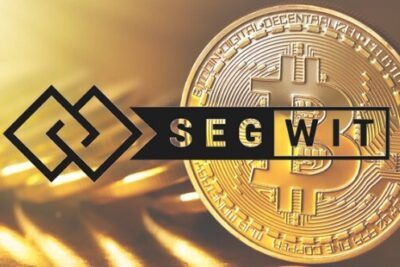
What Is SegWit? And What Does It Solve For Bitcoin
25 March 2022